The risk ratio (RR), also called the relative risk, is the ratio of the probability of cancer in smokers to the probability of cancer in nonsmokers RR = (a/(ab))/(c/(cd)) = (a(cd))/(c(ab)) Given that you know a, b, c, and d, you can compute either of these metrics Yet odds ratio is strongly preferred as the "right" metric to report in almost all scenarios That Note that the odds ratio and relative risk are both greater than 1, which tells us that the chances of experiencing some event (eg passing the skills test) is greater in the treatment group compared to the control group The odds ratio and relative risk give us similar information, but we interpret each value in slightly different ways In particular The odds ratio tells us thatNumber with positive outcome a c ac Number with negative outcome b d bd Total ab cd abcd Several statistics can be calculated

Measures Of Effect Relative Risks Odds Ratios Risk
Relative risk versus an odds ratio
Relative risk versus an odds ratio-A nonmemorization method of dealing with RR and OR*USMLE is a registered trademark of its respective holder I am in no way affiliated with itDisclaimer Even with initial risks as high as 50% and very large reductions in this risk (odds ratios of about 01), the odds ratio is only 50% smaller than the relative risk (01 for the odds ratio compared with a true value for the relative risk of 02) In fact, the discrepancy between the odds ratio and the true relative risk will never be greater than the initial risk (see appendix for proof)
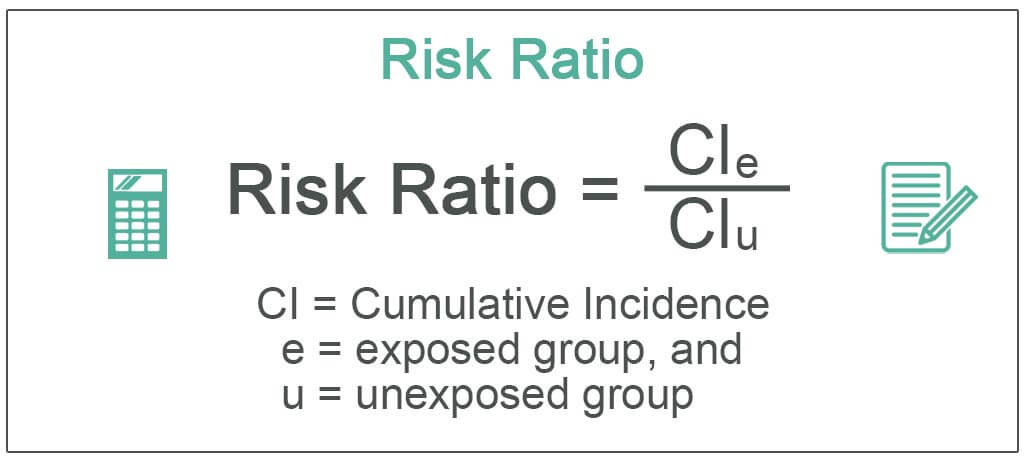



Risk Ratio Definition Formula How To Calculate
Mainly to distinguish it from relative risk, which is the risk for one group compared to the risk for some other group Basic statistic workshop organised by The Global Health Network Nigerian Regional Faculty 13 The risk ratio In practice, risks and odds for a single group are not nearly as interesting as a comparison of risks and odds between two groups For risk you can make theseOdds ratios (OR) are commonly reported in the medical literature as the measure of association between exposure and outcome However, it is relative risk that people more intuitively understand as a measure of association Relative risk can be directly determined in a cohort study by calculating a risk ratio (RR) In casecontrol studies, andRELATIVE RISK AND ODDS RATIO The relative risk (also known as risk ratio RR) is the ratio of risk of an event in one group (eg, exposed group) versus the risk of the event in the other group (eg, nonexposed group) The odds ratio (OR) is the ratio of odds of an event in one group versus the odds of the event in the other group An RR (or OR) of 10 indicates that there is no
Relative risk, Risk difference and Odds ratio When the data to be analyzed consist of counts in a crossclassification of two groups (or conditions) and two outcomes, the data can be represented in a fourfold table as follows Group 1 Group 2 Total; Odds Ratios Versus Relative Risk Odds Ratios Versus Relative Risk Published on by Howard Herrell, MD Many great things have been written about the difference between Odds Ratios (OR) and Relative Risks (RR) Every medical student at some point has been taught the difference Yet these statistical terms are confused and misused every dayWhen the disease is rare, the odds ratio will be a very good approximation of the relative risk The more common the disease, the larger is the gap between odds ratio and relative risk In our example above, p wine and p no_wine were 0009 and 0012 respectively, so the odds ratio was a good approximation of the relative risk OR = 0752 and RR
This is known as the 'invariance of the odds ratio' In contrast, the relative risk does not possess this mathematical invertible property when studying disease survival vs onset incidence This phenomenon of OR invertibility vs RR noninvertibility is best illustrated with an example Suppose in a clinical trial, one has an adverse event risk of 4/100 in drug group, and 2/100 in placeboThe odds ratio and the relative risk will not always disagree by this much Large effects on groups with high initial risk seem to cause the most problems See Davies et al (1998) for some useful guidelines for when the odds ratio and relative risk are likely to differ When they do differ, the relative risk represents the typical interpretation that most people make There are someOdds Ratio, Relative Risk,Absolute Risk Reduction, and the Number Needed to Treat—Which of These Should We Use?




Solved Select All Of The True Statements Regarding The Odds Chegg Com
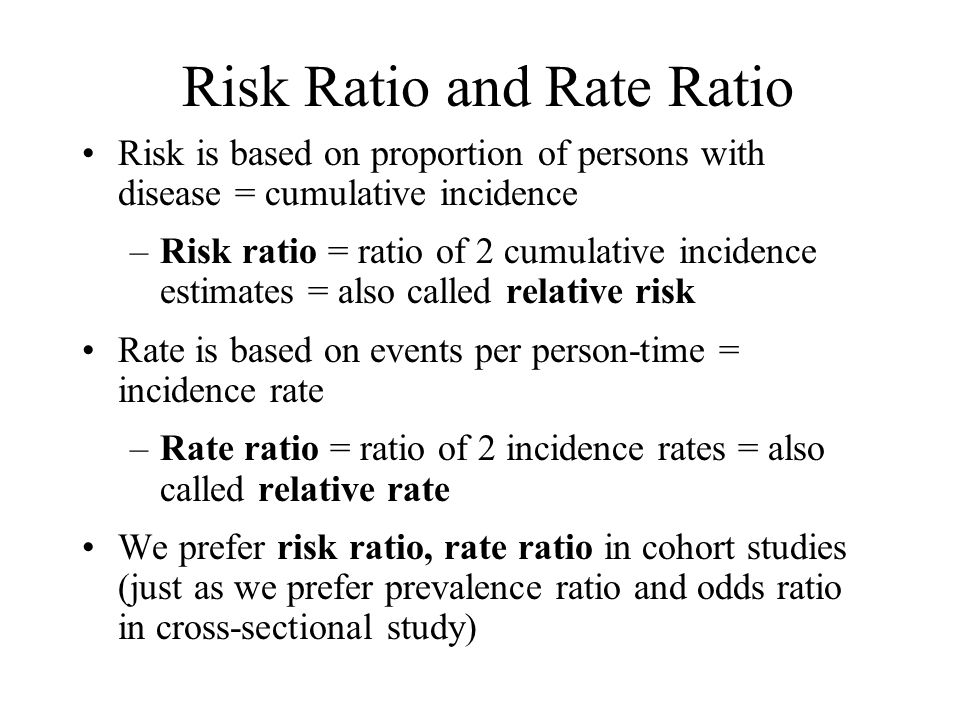



Measures Of Disease Association Ppt Download
Relative risk 036, 95% confidence interval 017 to 079) When adjusted using logistic regression to control for other factors, the effects of the probiotic drink in reducing antibiotic associated diarrhoea remainedIt is assumed that, if the prevalence of the disease is low, then the odds ratio approaches the relative risk Case control studies are relatively inexpensive and less timeconsuming than cohort studies In this case the odds ratio (OR) is equal to 16 and the relative risk (RR) is Percent increase = (Risk Ratio lower bound – 1) x 100 Percent decrease = (1 – Risk Ratio upper bound) x 100 It's worth stating again when comparing two proportions close to 1 or 0, the risk ratio is usually a better summary than the raw difference Odds Ratios We now turn to odds ratios as yet another way to summarize a 2 x 2 table




Hsrp 734 Advanced Statistical Methods June 5 08




Hazard Ratio Relative Risk Or Odds Ratio Of Selected Outcomes For The Download Table
The relative risk and the odds ratio are measures of association between exposure status and disease outcome in a population Relative risk In epidemiology, relative risk (RR) can give us insights in how much more likely an exposed group is to develop a certain disease in comparison to a nonexposed group Once we know the exposure and disease status of a research population, The relative risk (or risk ratio) is an intuitive way to compare the risks for the two groups Simply divide the cumulative incidence in exposed group by the cumulative incidence in the unexposed group where CI e is the cumulative incidence in the 'exposed' group and CI u is the cumulative incidence in the 'unexposed' group The table below shows how the risk ratio wasThe risk (and the odds) does not have to refer to an undesirable outcome;
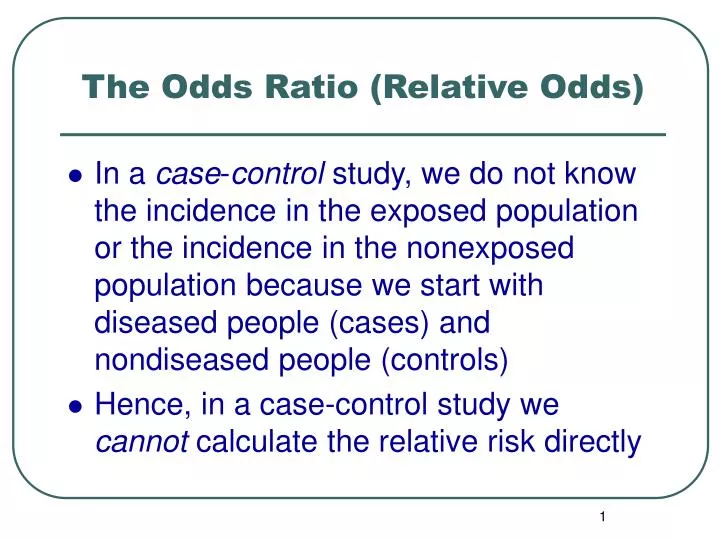



Ppt The Odds Ratio Relative Odds Powerpoint Presentation Free Download Id 6056



Relative Risk Ratios And Odds Ratios
The Relative Risk Ratio and Odds Ratio are both used to measure the medical effect of a treatment or variable to which people are exposed The effect could be beneficial (from a therapy) or harmful (from a hazard) Risk is the number of those having the outcome of interest (death, infection, illness, etc) divided by the total number exposed to the treatment Odds is the number For both the odds ratio and relative risk, 1 represents no difference between the groups;Odds ratio versus relative risk Since it is a ratio of ratios, the odds ratio is very difficult to interpret The relative risk is easier to interpret, so the odds ratio alone is not very helpful However, there are certain commonly occurring situations in which the estimate of the relative risk is not very good and the odds ratio can be used to approximate the relative risk of the event of




Solved Present Example Of An Dolds Ratio Compared To A Chegg Com



2
A smaller proportion of the probiotic group developed diarrhoea associated with antibiotic use compared with the placebo group (7 (12%) v 19 (34%);The difference between odds and probability is important because Relative Risk is calculated with probability and Odds Ratio is calculated with odds Relative Risk (RR) is a ratio of probabilities or put another way it is one probability divided by another Odds Ratio (OR) is a ratio or proportion of odds I just remember that odds ratio is a ratio of odds and probability isn't a ratio of RELATIVE RISK AND ODDS RATIO Risk and Odds just seemed the same to me for a long time Since then, I have come to understand to important difference Lets start with Relative Risk Relative Risk can be addressed by asking the following question How many times more likely is an "exposed" group to develop a




The Odds Ratio Calculation Usage And Interpretation Biochemia Medica




Health Stats Iq Z Statistics
If the relative risk is 1, the tutoring made no difference at all If it's above 1, then the tutored group actually had a higher risk of failing than the controls Odds Ratio The odds ratio is the ratio of the odds of an event in the Treatment group to the odds of an event in the control group The term 'Odds' is commonplace, but not Odds ratio vs relative risk Odds ratios and relative risks are interpreted in much the same way and if and are much less than and then the odds ratio will be almost the same as the relative risk In some sense the relative risk is a more intuitive measure of effect size Note that the choice is only for prospective studies were the distinction becomes important in cases ofThe odds ratio will only odds ratios can be obtained for studies in which it is be greater than the relative risk if the relative risk is greater than typically not possible to estimate the population at risk, such as one and less than the relative risk otherwise In the example casecontrol studies7 above, if the adjusted odds ratio were interpreted as a relative Odds and odd ratios are an




Relative Risk Odds Ratios Youtube
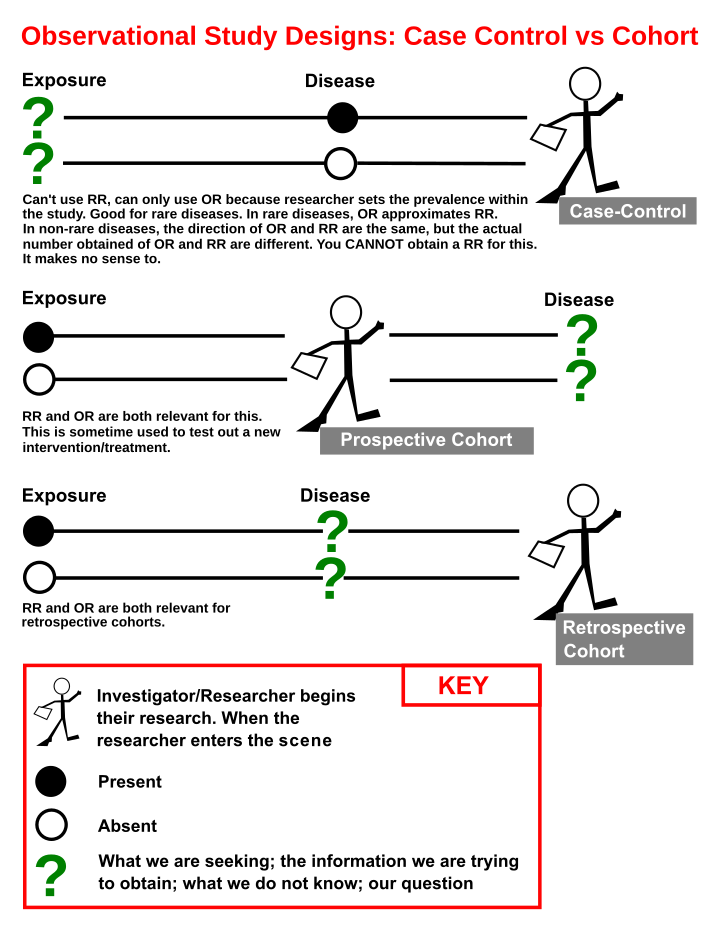



Case Control Study Wikiwand
The risk ratio (or relative risk) is the ratio of the risk of an event in the two groups, whereas the odds ratio is the ratio of the odds of an event (see Box 92a ) For both measures a value of 1 indicates that the estimated effects are the same for both interventions Neither the risk ratio nor the odds ratio can be calculated for a studyUnderstanding Relative Risk, Odds Ratio, and Related Terms As Simple as It Can Get Chittaranjan Andrade, MD ABSTRACT Risk, and related measures of effect size (for categorical outcomes) such as relative risks and odds ratios, are frequently presented in research articles Not all readers know how these statistics are derived and interpreted, nor are all readers aware of theirEdna Schechtman, PhD Department of Industrial Engineering and Management, Ben Gurion University of the Negev, Beer Sheva, Israel ABSTRACT Introduction In recent years, the amount of available information in medical literature has increased rapidly, and




Measures Of Effect Relative Risks Odds Ratios Risk




How To Calculate An Odds Ratio Youtube
Risk = odds/(1odds) "Most published research providing an odds ratio as a measure of effect size should also provide sufficient information for the baseline risk, and hence the relative risk, to be The relative risk and odds ratio will also be closer together when the treatment effect is small (that is, odds ratio and relative risk are close to 1) than when treatment effect is large However, as the event rate increases above 15% or as the treatment effect becomes huge, the odds ratio will progressively diverge from the relative risk Fortunately, this is rarely aThe relative risk (RR) and the odds ratio (OR) are the two most widely used measures of association in epidemiology The direct computation of relative risks is



Epidemiology Stepwards




Odds ratio (OR) is a statistic commonly encountered in professional or scientific medical literature Most readers perceive it as relative risk (RR), although most of them do not know why thatWhy are the relative risk and odds ratio approximately equal?Relative Risk and Odds Ratio for the obese 3) Overall, you can see that decreasing the baseline incidence will decrease the odds ratio (300 in those who are nonobese versus 129 in those who are obese) Obviously, these results run counter to expected results, putting the onus on the researcher to justify them Similarly, you should find that increasing the incidence will increase




Math Formula To Reproduce A Plot Comparing Relative Risk To Odds Ratios Cross Validated




Hour 6 Estimating Risk Flashcards Quizlet
Odds ratio and relative riskOdds Ratio, Hazard Ratio and Relative Risk Janez Stare1 Delphine MaucortBoulch2 Abstract Odds ratio (OR) is a statistic commonly encountered in professional or scientific medical literature Most readers perceive it as relative risk (RR), although most of them do not know why that would be true But since such perception is mostly correct, there is nothing (or almost nothing) wrong Risk vs odds The terms 'risk' and 'odds' are often used interchangeably but they actually have quite different implications and are calculated in different ways Odds is a concept that is very familiar to gamblers It is a ratio of probability that a particular event will occur and can be any number between zero and infinity It is usually expressed as a ratio of two integers For



1
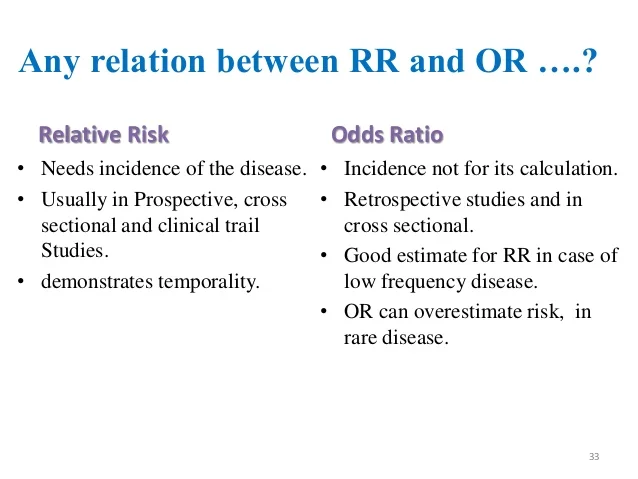



Measuring Of Risk
Relative measures of effect are risk ratio (ie the ratio between two incidence proportions), incidence rate ratio (the ratio between two incidence rates), and OR (the ratio between two odds) The risk difference is an absolute measure of effect (ie the risk of the outcome in exposed individuals minus the risk of the same outcome in unexposed) The riskThe simple relative risk is 055 and the simple odds ratio is 025Clearly the probability of fathering a child is strongly dependent on a variety of demographic variables, especially age (the issue of marital status was dealt with by a separate analysis) The control group was 84 years older on average (435 years versus 351), showing the need to adjust for this variable This calculation a ratio of two risks is what is meant by the eponymous risk ratio (RR) statistic, also known as relative risk It allows a specific number to be given for how much more risk an individual in one category bears compared to an individual in another category In the example, an individual taking the medication bears 059 times as much risk as an adult from the
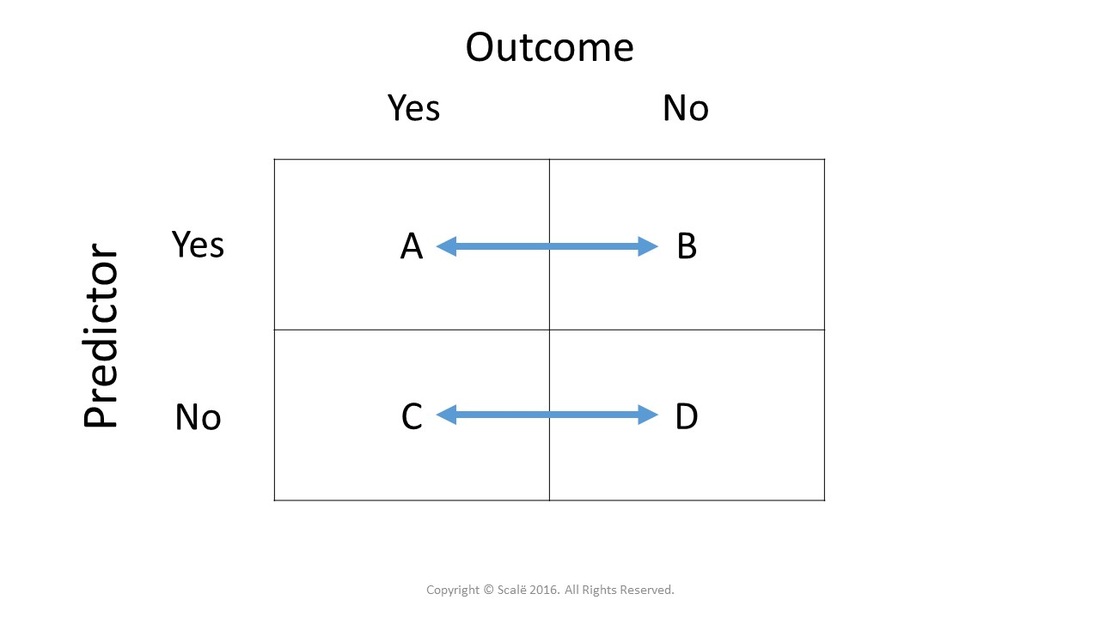



Calculate Relative Risk With 95 Confidence Intervals




Odds Ratio Relative Risk Calculation Definition Probability Odds Youtube
Table 1 Relative risk (RR) vs Odds Ratio (OR) vs Hazard Ratio (HR) HRs are in tandem with survivorship curves, which show the temporal progression of some event within a group, whether that event is death, or contracting a disease In a survivorship curve, the vertical axis corresponds to the event of interest and the horizontal axis corresponds to time The hazard Examples of measures of association include risk ratio (relative risk), rate ratio, odds ratio, and proportionate mortality ratio Risk ratio Definition of risk ratio A risk ratio (RR), also called relative risk, compares the risk of a health event (disease, injury, risk factor, or death) among one group with the risk among another group It does so by dividing the risk (incidenceBoth the odds ratio and the relative risk compare the relative likelihood of an event occurring between two groups The relative risk is easier to interpret and is consistent with general intuition Some designs, however, allow only for the calculation of the odds ration Covariate adjustment is easier for an odds ratio Finally, the odds ratio avoids ambiguity by being invariant to lthe




Hazard Ratio Vs Odds Ratio ただの悪魔の画像




Odds Ratios Versus Relative Risk
Odds ratio vs risk ratio You know the difference between risk and odds A risk is the proportion of subjects with an event in a total group of susceptible subjects Thus, we can calculate the risk of having a heart attack among smokers (infarcted smokers divided by the total number of smokers) and among nonsmokers (the same, but with nonThe relative risk is different from the odds ratio, although the odds ratio asymptotically approaches the relative risk for small probabilities of outcomesIf IE is substantially smaller than IN, then IE/(IE IN) IE/IN Similarly, if CE is much smaller than CN, then CE/(CN CE) CE/CN Thus, under the rare disease assumption = () () = In practice the odds ratio is commonly used for



1




Statistics Part 13 Measuring Association Between Categorical Data Relative Risk Odds Ratio Attributable Risk Logistic Regression Data Lab Bangladesh
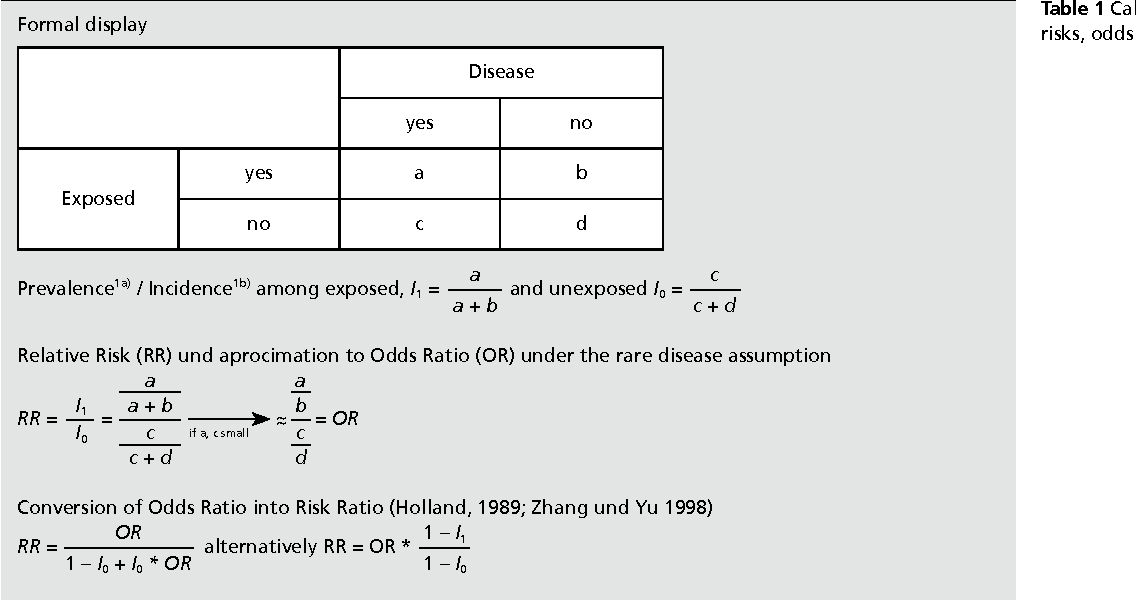



Pdf When To Use The Odds Ratio Or The Relative Risk Semantic Scholar
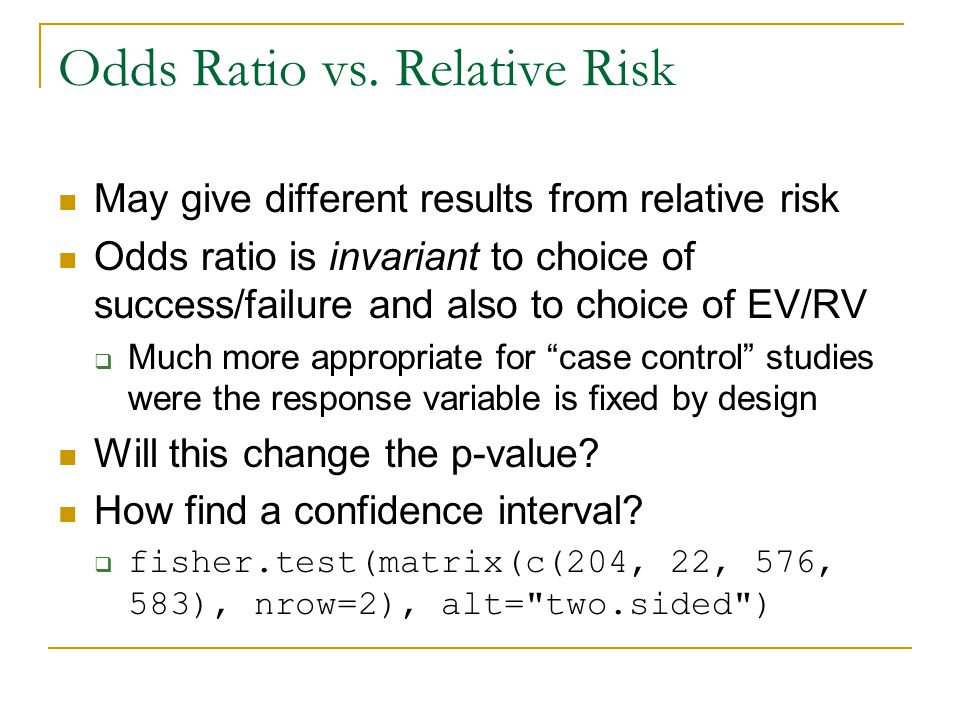



Confidence Interval For Relative Risk Ppt Video Online Download




Relative Risk Versus Odds Ratio Usmle Biostatistics 4 Youtube
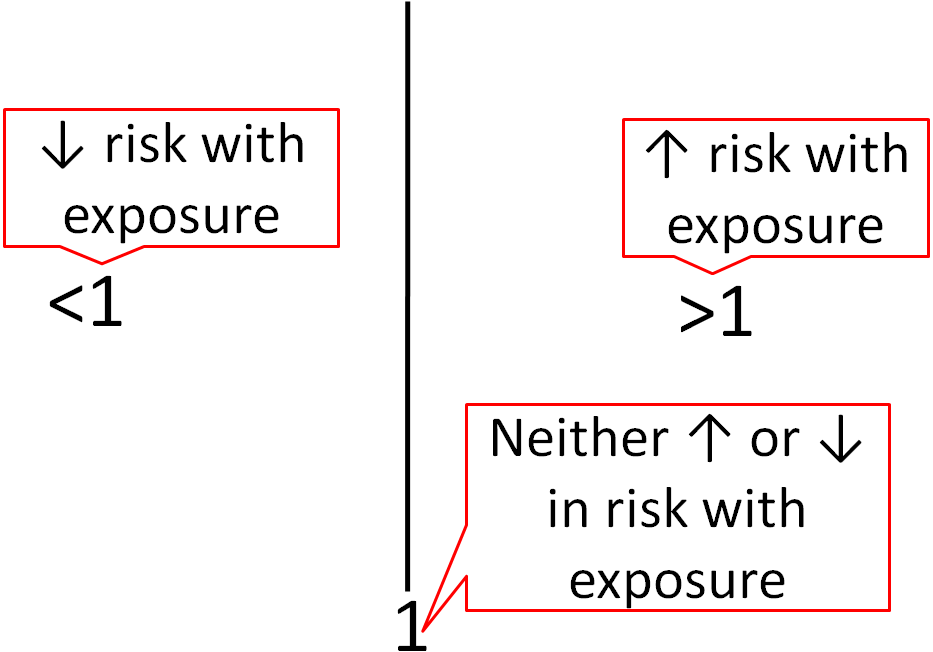



1 5 Nutrition Research Statistics Nutrition Flexbook



What Is The Difference Between The Risk Ratio Rr And The Odds Ratio Or Quora




Measures Of Effect Relative Risks Odds Ratios Risk Difference And Number Needed To Treat Kidney International
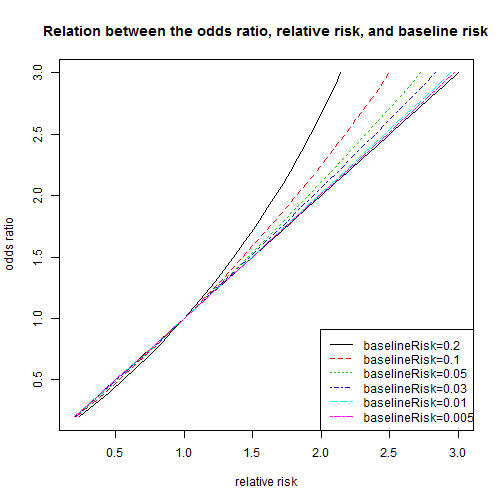



Relation Between The Odds Ratio Relative Risk And Baseline Risk
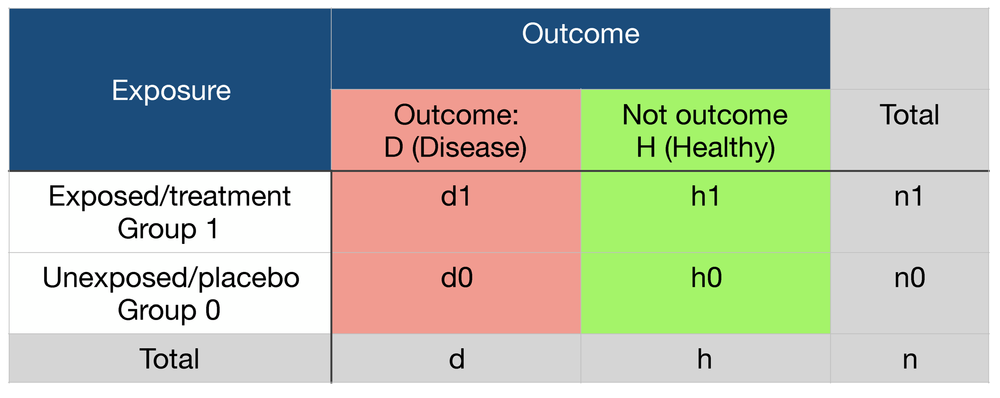



Probability Odds Ratio And Relative Risk Gpraj
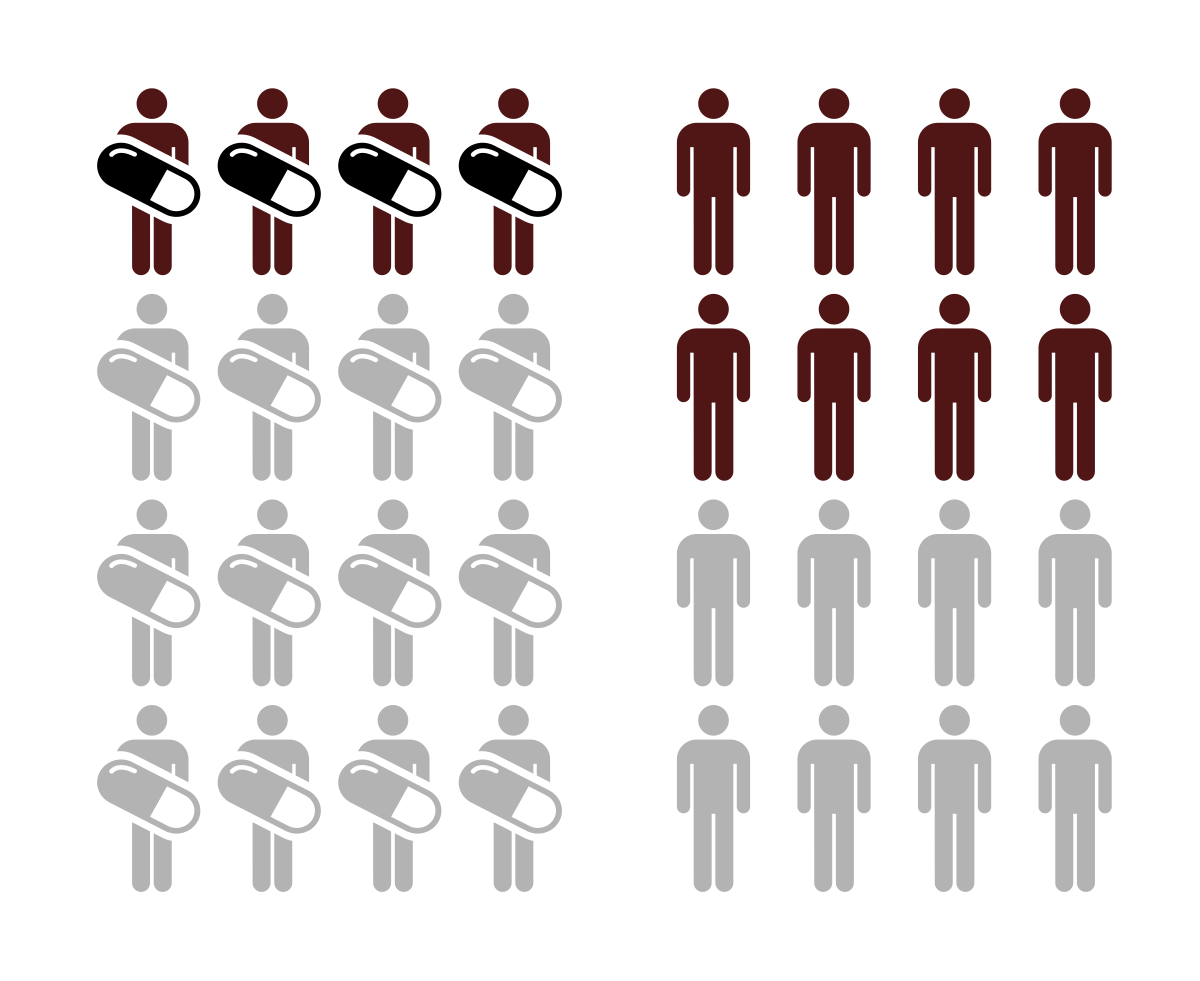



Relative Risk Wikipedia
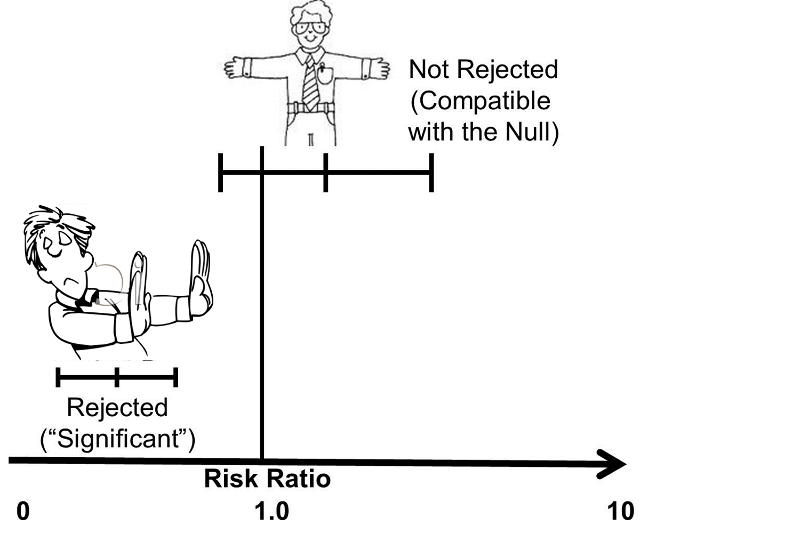



Confidence Intervals And P Values




Difference Between Probabililty Odds Formulas Math Notes How To Memorize Things Public Health Jobs




Relative Risk And Odds Ratio




Glossary Of Research Terminology




Odds Ratios Vs Risk Ratios Stats By Slough




Risk Ratio Definition Formula How To Calculate
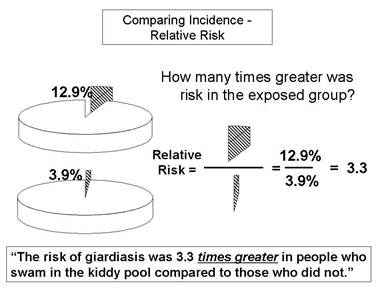



Relative Risk And Absolute Risk Definition And Examples Statistics How To




When Can Odds Ratios Mislead The Bmj
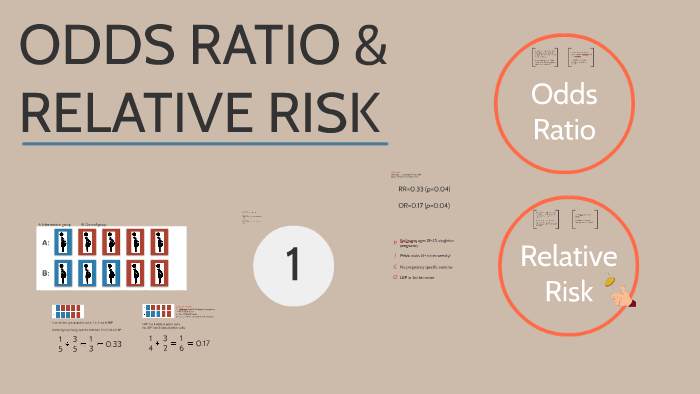



Odds Ratio Relative Risk By Susi Delaney



2




Statistics For Afp Dr Mohammad A Fallaha Afp



2




Relative Risk And Odds Ratio Usmle The Journey



1



Relative Risk Vs Odds Ratio Authorstream




Effect Sizes Basicmedical Key




1 Relative Risks Odds Ratios Or Hazard Ratios Of Risk Factors For Download Table




Relative Risk Vs Odds Ratio On The Backpack And Back Pain Study Massage Fitness Magazine
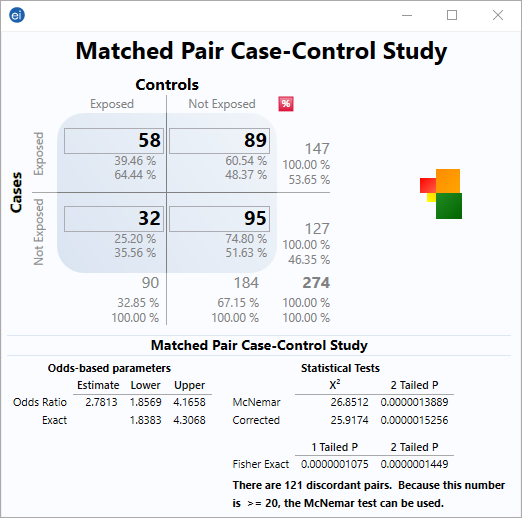



Matched Pair Case Control Statcalc User Guide Support Epi Info Cdc




Calculation Of Relative Risks Rr And Odd Ratios Or Download Table



Population Perspective Made Easy On Vimeo




Pdf What S The Risk Differentiating Risk Ratios Odds Ratios And Hazard Ratios Semantic Scholar
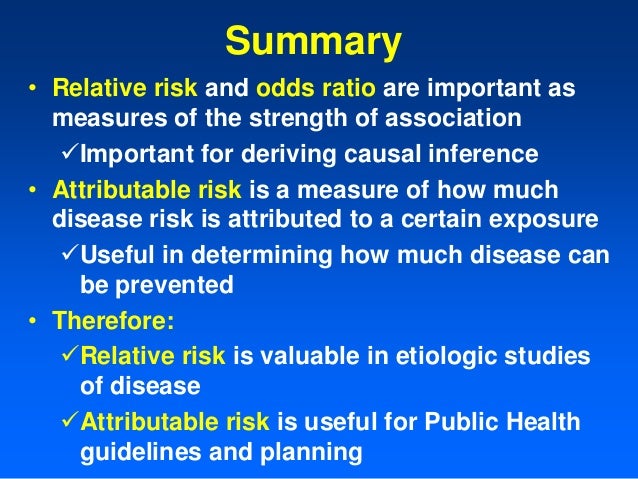



Relative And Atribute Risk



2
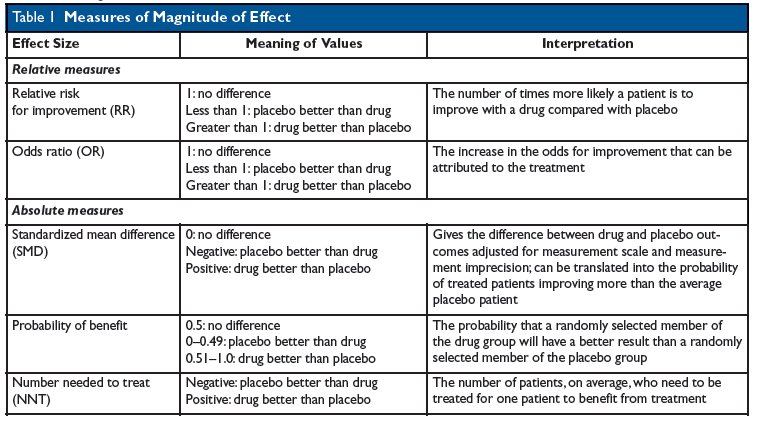



Kevin Whelan If You Re Struggling With Odds Ratios Relative Risks Standardised Mean Differences And Number Needed To Treat And The Associated Alphabet Soup Or Rr Smd Nnt Then This Paper




1 The Odds Ratio Relative Odds In A Case Control Study We Do Not Know The Incidence In The Exposed Population Or The Incidence In The Nonexposed Population Ppt Download



Research Statistics Basics Contents 1 Basic Concepts 2 References Basic Concepts Null Hypothesis The Hypothesis That The Independent Variable Has No Effect On The Dependent Variable For Example Steroids Do Not Improve Outcomes In Ards Would Be




Odds Ratio Vs Relative Risk What S The Difference Statology




最新 Odds Ratio Vs Relative Risk Usmle ただの悪魔の画像




Pdf When To Use The Odds Ratio Or The Relative Risk Semantic Scholar
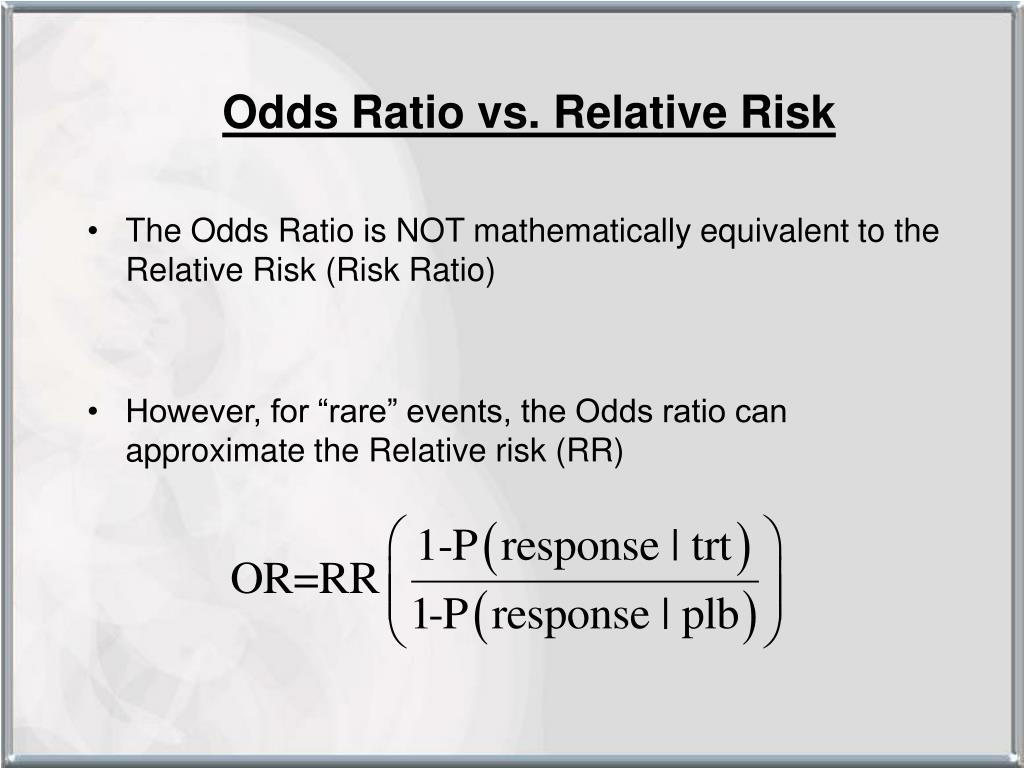



Ppt Hsrp 734 Advanced Statistical Methods June 5 08 Powerpoint Presentation Id



2
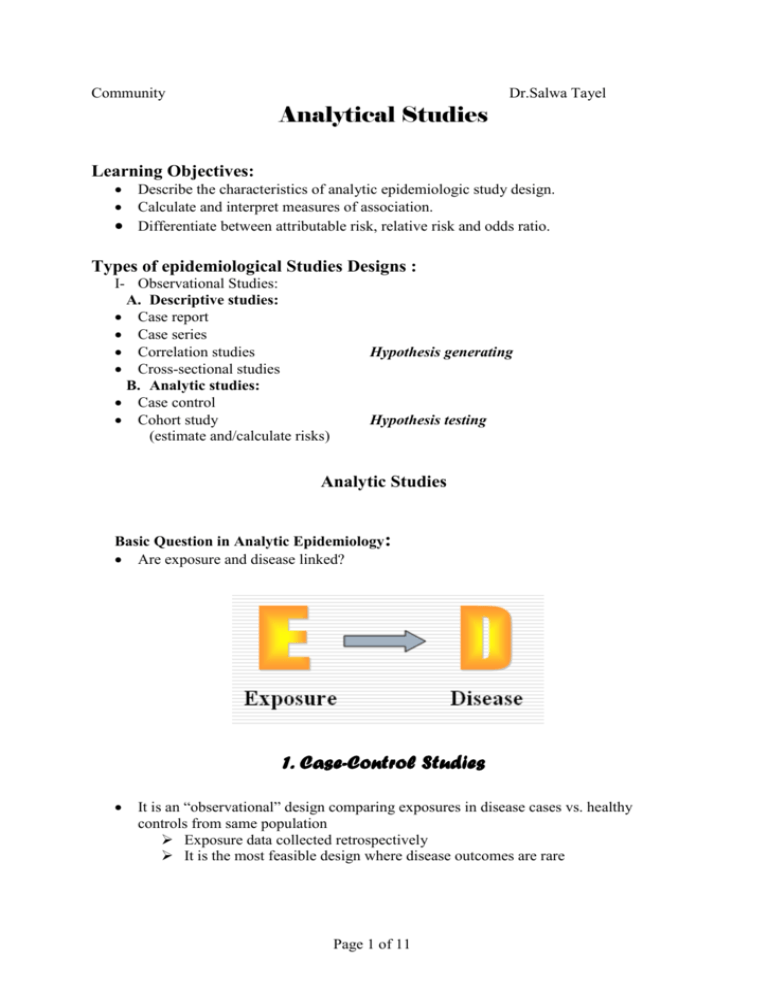



Analytical Studies
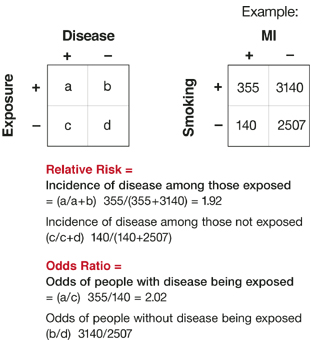



Relative Risks And Odds Ratios What S The Difference Mdedge Family Medicine




Literature Search
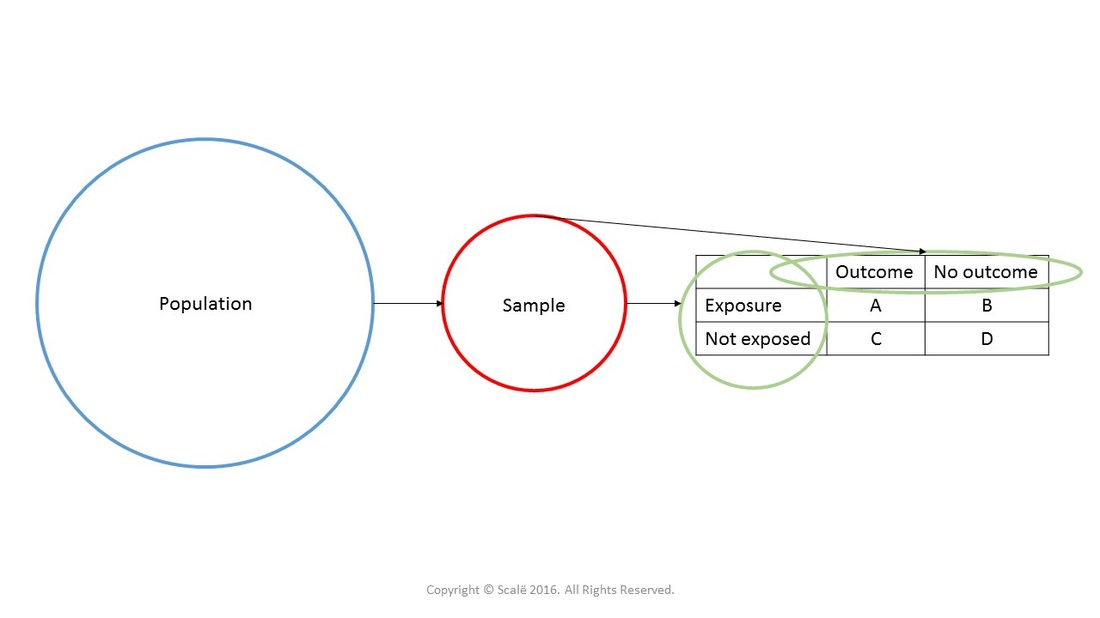



Calculate Relative Risk With 95 Confidence Intervals




Against All Odds Improving The Understanding Of Risk Reporting British Journal Of General Practice




Odds Ratios Versus Relative Risk
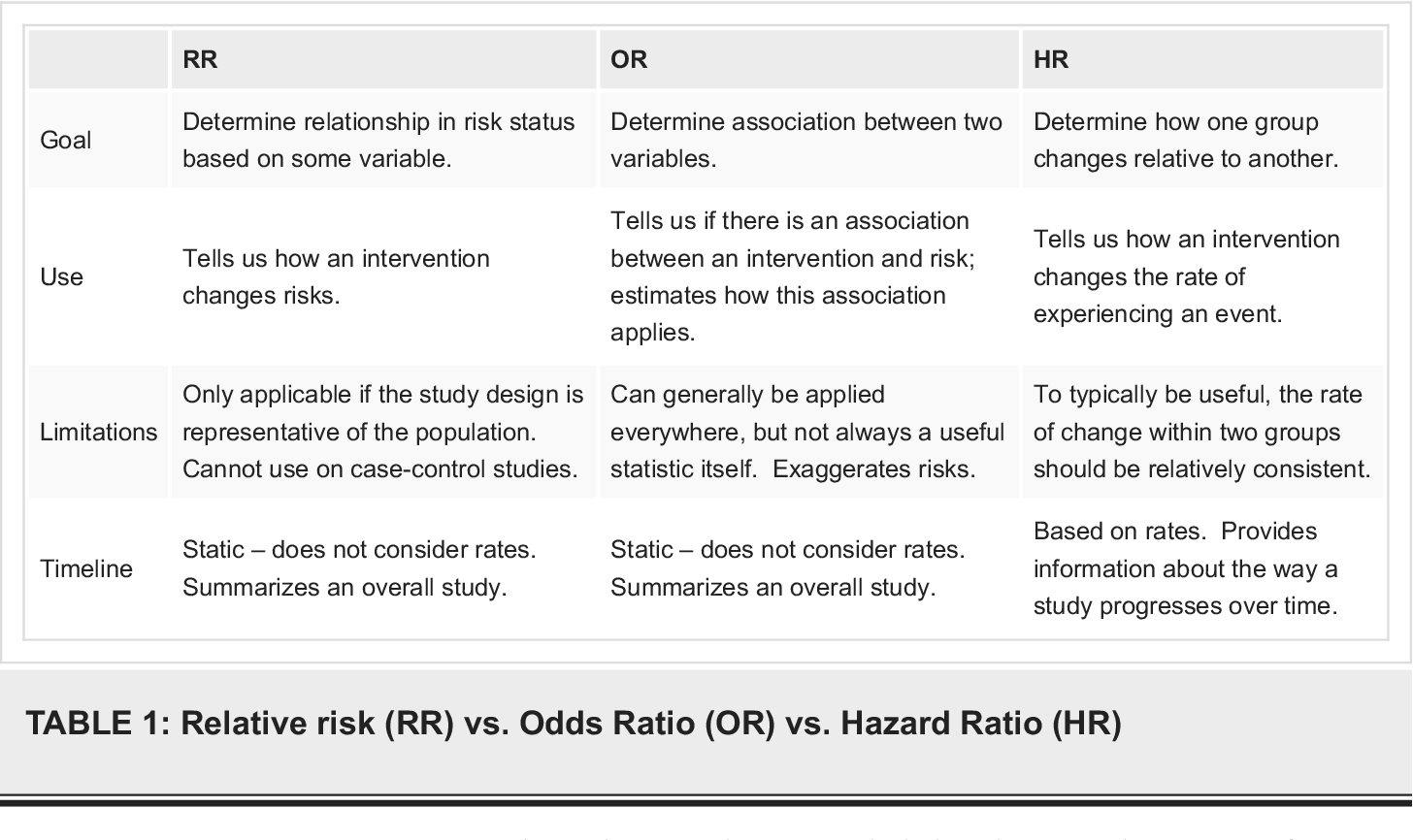



Pdf What S The Risk Differentiating Risk Ratios Odds Ratios And Hazard Ratios Semantic Scholar
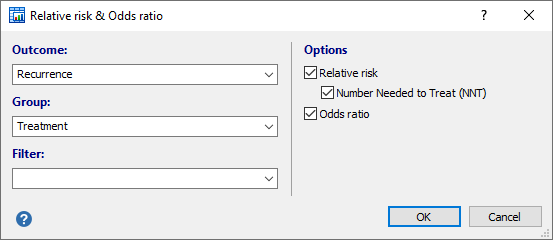



Relative Risk Odds Ratio




Understanding Relative Risk Odds Ratio And Related Terms As Simple As It Can Get Psychiatrist Com



Absolute Risk Vs Relative Risk Vs Odds Ratio Pp Made Easy On Vimeo




The Difference Between Relative Risk And Odds Ratios The Analysis Factor




Converting An Odds Ratio To A Range Of Plausible Relative Risks For Better Communication Of Research Findings The Bmj
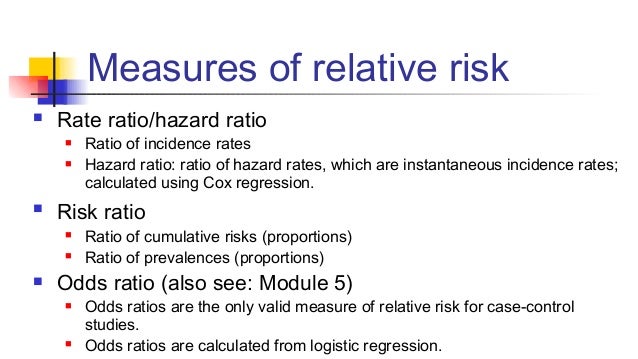



Odds Vs Risk Ratio ただの悪魔の画像




Relative Risk Wikipedia
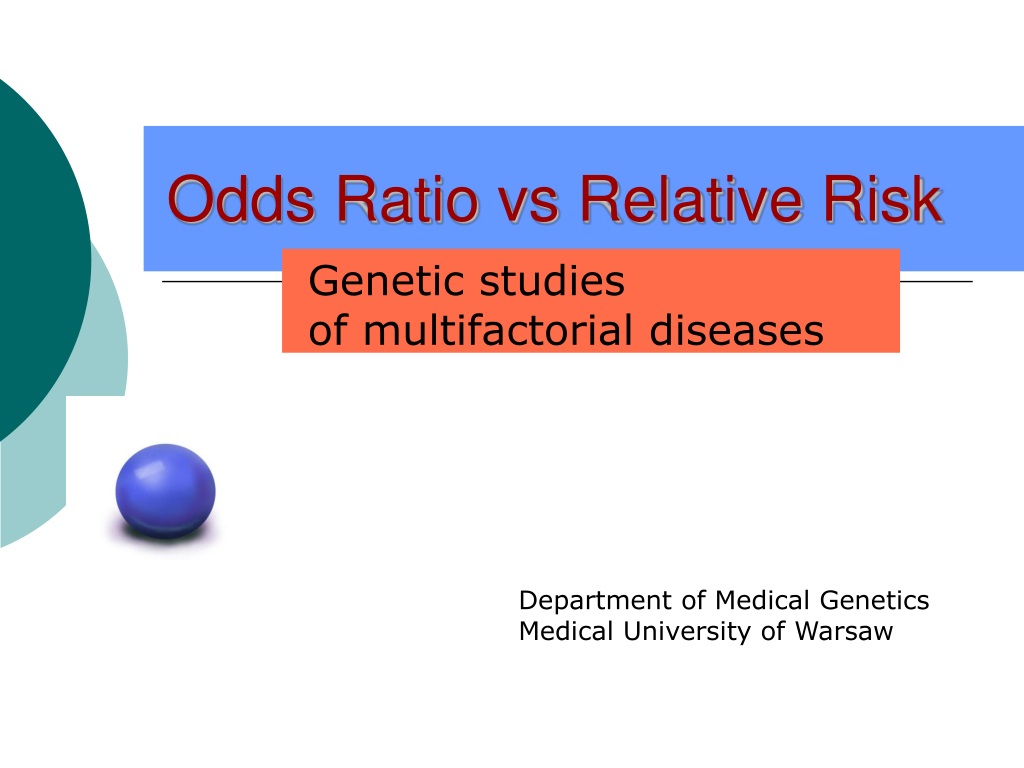



Ppt Odds Ratio Vs Relative Risk Powerpoint Presentation Free Download Id



Definition And Calculation Of Odds Ratio Relative Risk Stomp On Step1




Biostatistics Flashcards Quizlet




Odds Ratio Vs Relative Risk What S The Difference Statology




Useful Concept For Medical Healthcare Data Risk Prediction




Hsrp 734 Advanced Statistical Methods June 5 Ppt Video Online Download




Using Odds Ratio In Case Control Studies Youtube




Odds Ratios And Risk Ratios Youtube




What Is An Odds Ratio And How Do I Interpret It Critical Appraisal




Chapter 6 Choosing Effect Measures And Computing Estimates Of Effect Cochrane Training
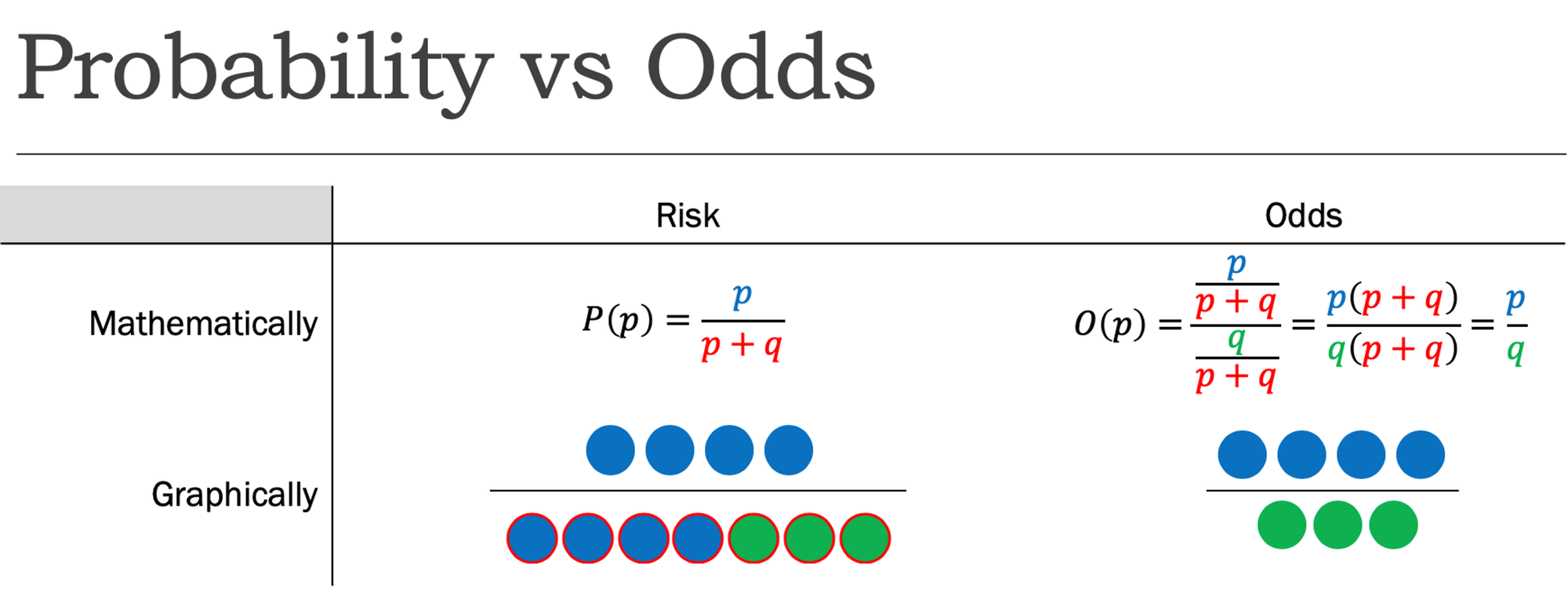



Cureus What S The Risk Differentiating Risk Ratios Odds Ratios And Hazard Ratios




Categorical Data Ziad Taib Biostatistics Astra Zeneca February




33 Epidemiology Ideas Cohort Study Case Control Study Study Design
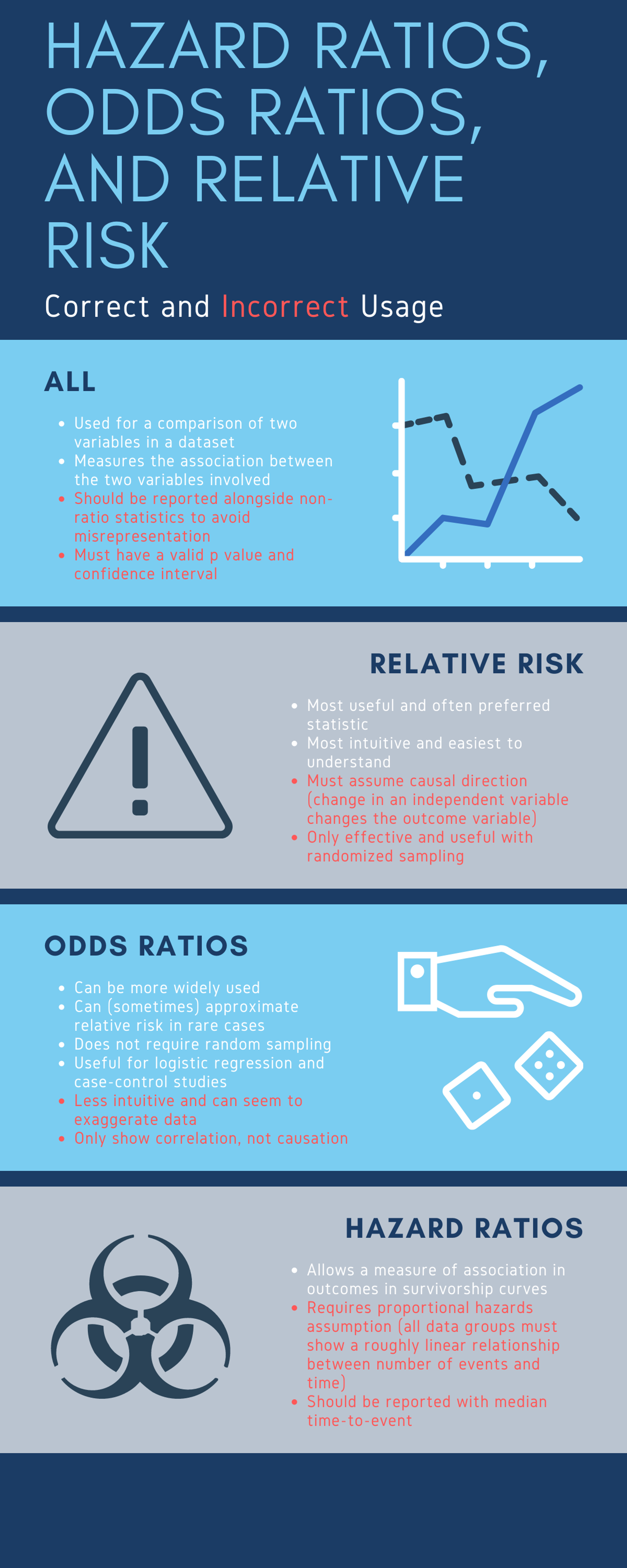



Cureus What S The Risk Differentiating Risk Ratios Odds Ratios And Hazard Ratios



6 7 8 9 10 11 12 13 14 15 16 17 18 19 21 22 23 24 25 26 27 28 29 30 Review Incidence And Prevalence Are Formally Defined On Slide 7 Birth And Death Rates Are Also Estimates Of Absolute Risk Risk Factors Are Identified By Determining



Forest Plots Of Relative Risks And Odds Ratios Of Detecting Fecal Download Scientific Diagram




A Most Odd Ratio Interpreting And Describing Odds Ratios Abstract Europe Pmc



Hazard
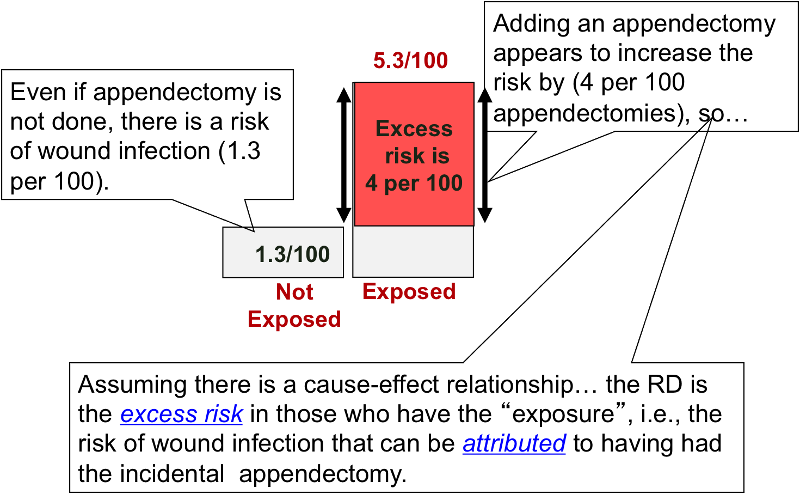



Risk Differences And Rate Differences



Confluence Mobile Wiki Ucsf
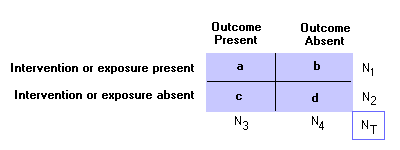



Epidemiology Glossary Physical Diagnosis Skills University Of Washington School Of Medicine



2




Solved Using Relative Risk And Odds Ratio I Am Confused Chegg Com



0 件のコメント:
コメントを投稿